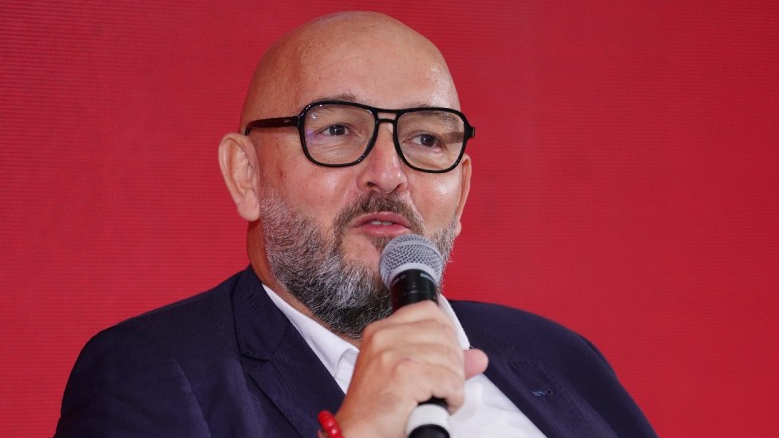Nicolas Onisse, a FIFA-accredited agent with a keen interest in African players, has proposed a solution aimed at facilitating the smooth transfer of African footballers to Europe and addressing the visa challenges they currently face.For a long time, African footballers seeking opportunities in Europe have struggled to secure visas for various European countries, often missing out on life-changing opportunities as a result.##NAJAVA_MECA_8916697##Follow our WhatsApp channel for more newsIt is on this basis that Onisse has suggested a solution that would bring significant relief to African footballers and their agents, helping to level the playing field with their South American counterparts.“I am once again calling on FIFA and CAF to create a ‘FIFA Passport’ to facilitate easier travel for players from the continent. It is incomprehensible that South American players are granted 90 days in the Schengen Area without needing a visa, while we continue to face numerous hurdles,” said Onisse, as quoted by Eric Njiru.FKFPL: Kenya Police seek to extend lead at the top as KCB fight for pride against ShabanaOnisse, who owns Sportback—a football agency managing over 20 African footballers—revealed the main reason behind most visa denials for African athletes.“95% of visa refusals are based on a single reason: ‘The conditions of your future return to your country of origin are not guaranteed.’”The French football administrator provided an example of how one Cameroonian player suffered as a result of a visa denial.STARS ABROAD: Vyner’s English Premier League hopes dimmed as Tegisi scores in Tanzania“Take Junior Kameni, for instance—a Cameroonian known to our Moroccan colleagues, who was playing for FUS Rabat but lacked playing time. I arranged a loan move for him to Denmark at the end of January 2024.All the documents were in order, yet we were unable to obtain a Schengen visa. As a result, he lost six months in Morocco without playing or receiving a salary from either FUS or the Danish club,” Onisse explained.Gor Mahia custodian terms Mashemeji Derby title decider clashFurther emphasizing the importance of his proposal, Onisse outlined how players would be tracked to address the concerns raised by various embassies.“By establishing a ‘FIFA & CAF Passport,’ all parties involved would share responsibility for the traveling player, from departure to return,” he said.“If the player fails to return, both clubs would face penalties—financial or sporting. As for the player, failure to return would be flagged in the system, linked to his FIFA ID. He would be informed that non-compliance could result in a global licensing ban for three to five years,” Onisse concluded.TACTICAL ANALYSIS: How Kevin Wangaya bossed the midfield against Nigeria

